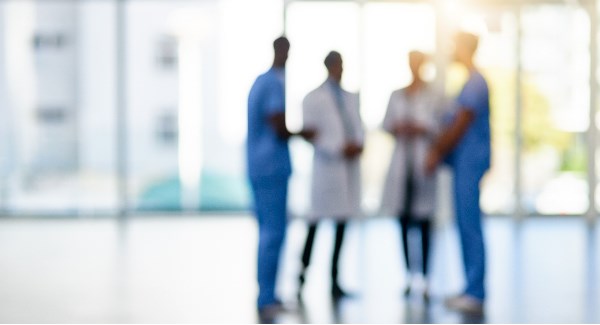2020 has been an incredibly difficult year for everyone. But this has also been a year of very significant medical and scientific achievement in which a new illness has been characterised, its genome sequenced, and diagnostics and treatments have been developed.
And now, subject to authorisation by the European Medicines Agency, Ireland is on the cusp of deploying at least two COVID-19 vaccines as part of a national vaccination programme.
Many are now asking, how has it all happened so quickly? Afterall, we know that, normally, it takes about 10 years to develop a new vaccine, to make sure it is safe and effective, and to make enough of it for everyone who needs it.
There are several reasons why this timeline has been really cut down for COVID-19 vaccine candidates.
First, there have been enormous levels of investment and scientific and medical research, on a scale never previously seen in vaccine development.
Second, because of the high number of new cases of Covid-19 across the world, the vaccine trials were able to quickly measure differences in disease risk between those who received the vaccine and those who got the placebo or dummy vaccine.
Third, many of the processes which normally take place one after the other in vaccine development have instead been running in parallel. For example, large scale manufacturing of vaccines started even before the results of phase 3 trials were available. Similarly, regulators and those developing the vaccines started their conversations very early in the process so that the regulators were aware of developments and so that the process of authorisation can now be as swift as possible.
None of these factors imply that safety, scientific or ethical integrity have been compromised, or that short-cuts have been taken.
People should take great encouragement from these developments and we can be confident that the successful implementation of this programme will mark a significant advance in our approach to this pandemic. However, there are still many uncertainties and barriers to be overcome.
First and foremost, people must be willing to get vaccinated. Our research tells us that the majority have already decided that they will definitely (45%) or probably (28%) take the vaccine when it is offered to them.
Of course, many people will have questions. They will no doubt be faced with rumour and misinformation, particularly online. To counter this, transparency and trust must be the cornerstone of our approach to addressing uncertainties and building vaccine confidence. Healthcare professionals – our doctors, nurses, pharmacists and allied health professionals – all across the country will have a central role to play in this process, just as they have been the foundation upon which the entire response to COVID-19 to date has been premised.
As we face into Christmas and the New Year, there are many reasons for hope, not least of which has been our demonstrated solidarity and willingness to listen to public health advice and thereby protect ourselves and others. Through people’s collective efforts we have avoided to the greatest extent possible the devastating impact that COVID-19 has had across Europe over the past two months, with greater levels of mortality than those experienced last Spring.
But we are not through this yet. This virus doesn’t care that we have done well recently. It doesn’t care that we are tired or that we are desperate to see our families and friends. It is no less dangerous now than it was last March. A vaccine will not have any positive impact on the trajectory of this disease for months to come. In the meantime, we must continue to hold firm; to paraphrase Mike Ryan, we need to continue to do all we can to save lives now, not the lives we promise to save next year. Let’s see this through together.












